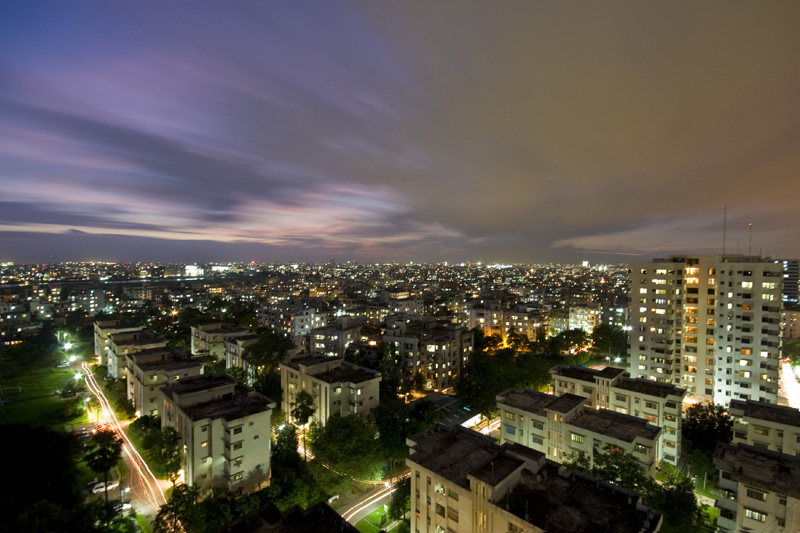
According to The Worldwide Cost of Living report, an Economist Intelligence Unit survey that compares more than 400 individual prices across 160 products and services to determine cost of living in a city, Dhaka is 71st costliest city in the world sharing the same position with cities like Montreal of Canada and just three steps behind Dubai.

On the other hand, biggest cities of India likes of Bangalore and Mumbai are among the cheapest ten cities in the world holding the position 131 and 132 accordingly.
Singapore stands top in the list of ten most expensive cities followed by Zurich, Hong Kong, Geneva, Paris, London, and New York. On the other spectrum, Lusaka of Zambia is the least costly city in the world followed by Bangalore and Mumbai of India and Almaty of Kazakhstan.
The report, a bi-yearly survey [twice in a year] conducted by EIU, compare 400 individual prices that include prices of food, drink, clothing, household supplies and personal care items, home rents, transport, utility bills, private schools, domestic help and recreational costs. The more than 30 years old survey and bi-annual pricing index aimed at expats and business travelers, offers information and insight into living cost in more than 133 cities.
Early in January 2016, an annual report by the Consumers’ Association of Bangladesh (CAB) said, the cost of living rose by 6.38 percent in 2015 in the capital, though the prices of essential commodities remained relatively stable compared to the previous year. The same report observed a 6.83 percent rise in 2014.
A report by English daily the New Age published last year said, prices of different essential commodities, including rice, meat, electricity, house rent and transport fare, have increased over 60 per cent in last six years pushing the cost of living up in the country, particularly in Dhaka.

On the other hand, standard of living has not improved as much as the cost of living. Dhaka continues to remain a city that is growing into less livable. Traffic and pollution continues to worsen, modern amenities are not evenly distributed and law and order situation is also falling apart.
Although, we have a growing per-capita income but that does not apply for every segment of the population. Consequently, while cost of living is increasing so does inequality. A World Bank report titled ‘Addressing Inequality in South Asia’ placed Bangladesh in third in the inequality index among the eight countries of the region. Among the key contributors to this flying living cost, increasing prices of essential commodities and house rent are two most important ones. And there is a lack of regulatory effort on the part of the government as well.
Growing cost of living has business implications. It makes it hard to start companies because few people could afford to spend as much money as it requires. Similarly, it discourages travelers, business and others, and expats coming to the city.
